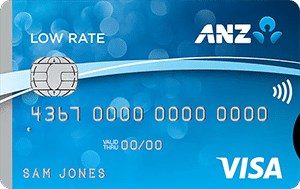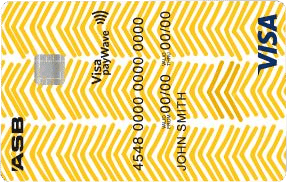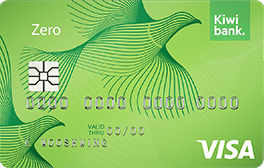Tips For Choosing & Using A Credit Card As A Student
Look For A Low Cost Option
Opt for a low cost card with a low annual fee and a low purchase rate to help keep costs down. Paying a low annual fee – or no annual fee – can keep ongoing costs down, while having a low rate can reduce the amount you pay in interest if you happen to carry a balance.
Don’t Be Swayed By Features
Comparing the options, you may see cards offering exciting features and enticing introductory offers. Don’t be swayed by these temptations unless they are offered on a card that you can afford, that suits your needs, and that you are eligible for.
Check Eligibility Requirements
It can be harder to get approved for a credit card if you are a student. If you’ve not had any form of credit before, you will have minimal credit history, which most card providers are not keen on. Check eligibility requirements carefully, and ask for more information from the card provider if needed.
Don’t Overspend
Having available credit is not an invitation to spend. Only spend what you can afford to pay back at the end of the month.
Clear Your Balance Each Month
Avoid paying interest by clearing your balance by the due date each statement period. This is incredibly important, as it can prevent debt stacking up and you getting into trouble. It will also allow you to take advantage of your card’s interest free period on purchases.
Stay Away From Cash Advances
When you withdraw money at an ATM using your credit card, that is a cash advance. Cash advances usually come with a fee and a much higher interest rate, with interest charged from day one – so it’s best to avoid them.
Check out the range of credit cards offered to students on this page, or take a look at our selection of no annual fee cards and low rate cards to see if you meet their eligibility requirements.



